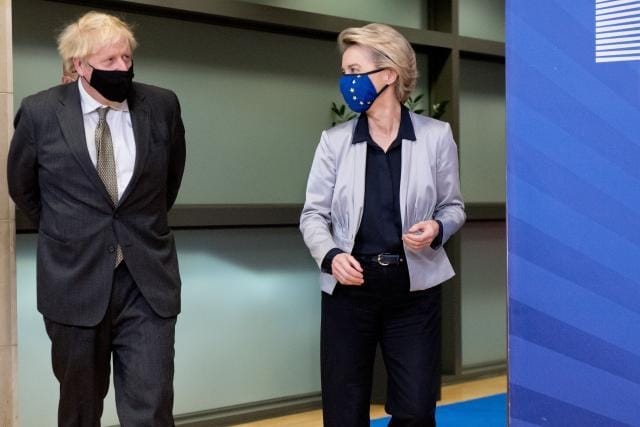‘Too little, too late’ - the UK concludes the second part of its Covid inquiry
The UK’s second report on the Covid inquiry has emerged with 19 recommendations to guide government thinking

The UK’s Covid inquiry has produced its second report. The report looks at the response across the UK’s central government and devolved administrations (Scotland, Wales and Northern Ireland) and follows on from the first report on the UK’s resilience and preparedness.
The inquiry’s chair, Baroness Hallett, said that all four governments failed to appreciate the scale of the threat or the urgency it demanded. While recognising that some of the responses could be described as “too little, too late”, she also acknowledged that administrations faced unenviable choices and that decisions were taken under conditions of extreme pressure. In particular, she describes February 2020 as “a lost month”.
Like many countries, the UK did not appreciate the scale of the threat in early 2020, a view compounded by misleading government reassurances. In particular, Hallett says that by the time a mandatory lockdown was first considered, it was already too late and a lockdown had become unavoidable.
Confusingly, Hallett says that the lockdowns in 2020 and 2021 saved lives, but only became inevitable because of the government's inaction. It seems highly unlikely that the UK could have avoided a lockdown, but Hallett says it was conceivable that, “it might not have been necessary at all”.
The inquiry rejects the criticism that the four governments were wrong to impose a mandatory lockdown on 23 March 2020 given the “clear and compelling” advice to do so, she says that without it the growth in transmission would have led to an “unacceptable loss of life”. Modelling in England alone showed that there would have been approximately 23,000 fewer deaths in the first wave up until 1 July 2020.
Hallett calls the failure to impose the second lockdown earlier “inexcusable”.
The 19 recommendations cover everything from communications to the working of the scientific advisory committees. The two, admittedly very long, complete reports offer more damning criticism.
UK Covid Inquiry summary of recommendations
On ‘Eat Out to Help Out’ - the disastrous decision to return to everyday life in August 2020 - the report says that the former Prime Minister Boris Johnson initially told the Inquiry that the scheme was “properly discussed, including with Chris [Whitty - Chief Medical Officer] and Patrick [Vallance - Chief Scientific Adviser]”. He subsequently confirmed that no scientific advisers were present at his meetings where the scheme was discussed.
The then Cabinet Secretary Simon Case describes Prime Minister Johnson as a bad leader: “He changes strategic direction every day (Monday we were all about fear of virus returning as per Europe, March etc – today we were in ‘let it rip’ mode cos the UK is pathetic, needs a cold shower etc). He cannot lead and we cannot support him in leading with this approach. The team captain cannot change the call on big plays every day.”
The Chief Scientific Adviser, Patrick Vallance, recorded in his contemporaneous evening notes of October that he had received a WhatsApp message from Mr Cummings “a few days back”, which read: “ This is a shitshow. We should have gone a month ago as we said.”
The Covid pandemic now seems like a long time ago. The third - and final - report on the ‘Impact of Covid-19 pandemic on healthcare systems in the four nations of the UK’ will be published next year. Like the government's response it could also be described as “too little, too late”.
